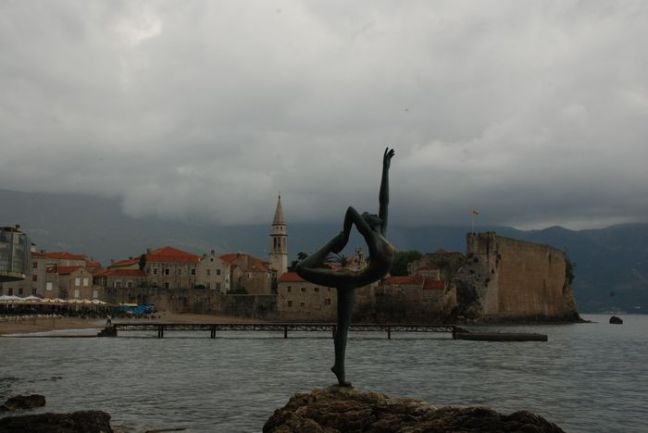During two hundred years, Europeans, often notable for refinement and culture, and since the Crimean War of 1856, considerable in numbers, have lived in Constantinople surrounded as far as possible by the requirements of their own various types of civilization. They constitute a colony, living under the protection of the curious treaty privilege of extra-territoriality, which, to the European in any Asiatic domain is what the air helmet is to the diver working in deep waters. In this European colony are many men who stand head and shoulders—in point of morals—above the Turks who style them infidel dogs. There are men whose word is sacred under all circumstances, and whose sturdy manliness might act directly to break up the Mohammedan prejudice against Christianity. But there are also in this colony numbers of Europeans who make the name of Christianity a byword by their profligate lives. And there are large numbers of Europeans in this colony who are not really Europeans at all, hut who give, in the eyes of the Turks, character to the whole body, because they are the only part of the colony with which a middle-class Turk can enter into intimate relations.
These are the half-bloods, such as throng the outskirts of every European colony in Asia. They are the somewhat nondescript offspring of European fathers and native mothers. These “ Levantines ” dress as Europeans, and have European passports. They translate the alert and active bearing of the European into a swagger that is peculiar to themselves, and that imposes itself on the simplicity of the Oriental as a token of greatness. They browbeat the natives in virtue of their superiority, they converse in polyglot fluency, pursue amusement as the Euro-pean does not, and they often lie and cheat with as clean a conscience as any native. When they go to Europe they are eyed askance as “ Greeks ” in the clubs and the gambling houses to which they find admittance guided istanbul tour.
Petit Champs of Pera
In Constantinople the average Levantine may be studied any day in the coffee houses of the Petit Champs of Pera, which he frequents as the Venetian does the Piazza of St. Mark’s, because there one may receive one’s friends without expense for hospitality. He also has among his amusements the club, because English civilization demands it. There he gambles for high stakes, because Italian civilization demands the thrill of appeals to chance. He has also the theatre and the concert hall, because French civilization demands the society drama and the singing of girls as a set-off and accompaniment to light tippling. He has also the beer garden in all its forms because German civilization requires that the pleasures of life shall be mixed with beer.
At specified times he has to go out hunting, and mentions the fact as a solemn duty done. If he has a fraction of a drop of English blood in his veins he pays penalty in unseemly and wearisome exertion on the cricket field, the golf links, or in the stern of a sail boat which he calls a yacht. Intellectual pleasures do not flourish in such soil and the Levantine is out of his element in a moment if any one broaches a subject of conversation outside of the celebrated Levantine Quadrilateral of Society, Shop, The Turk, and the Table: Society—that is to say, womankind and amusement; Shop—namely the conditions and incidents of trade; The Turk— including the daily bulls and delicious absurdities of Government officials; and The Table—the art of producing savory meats, drinks, and smokes.









